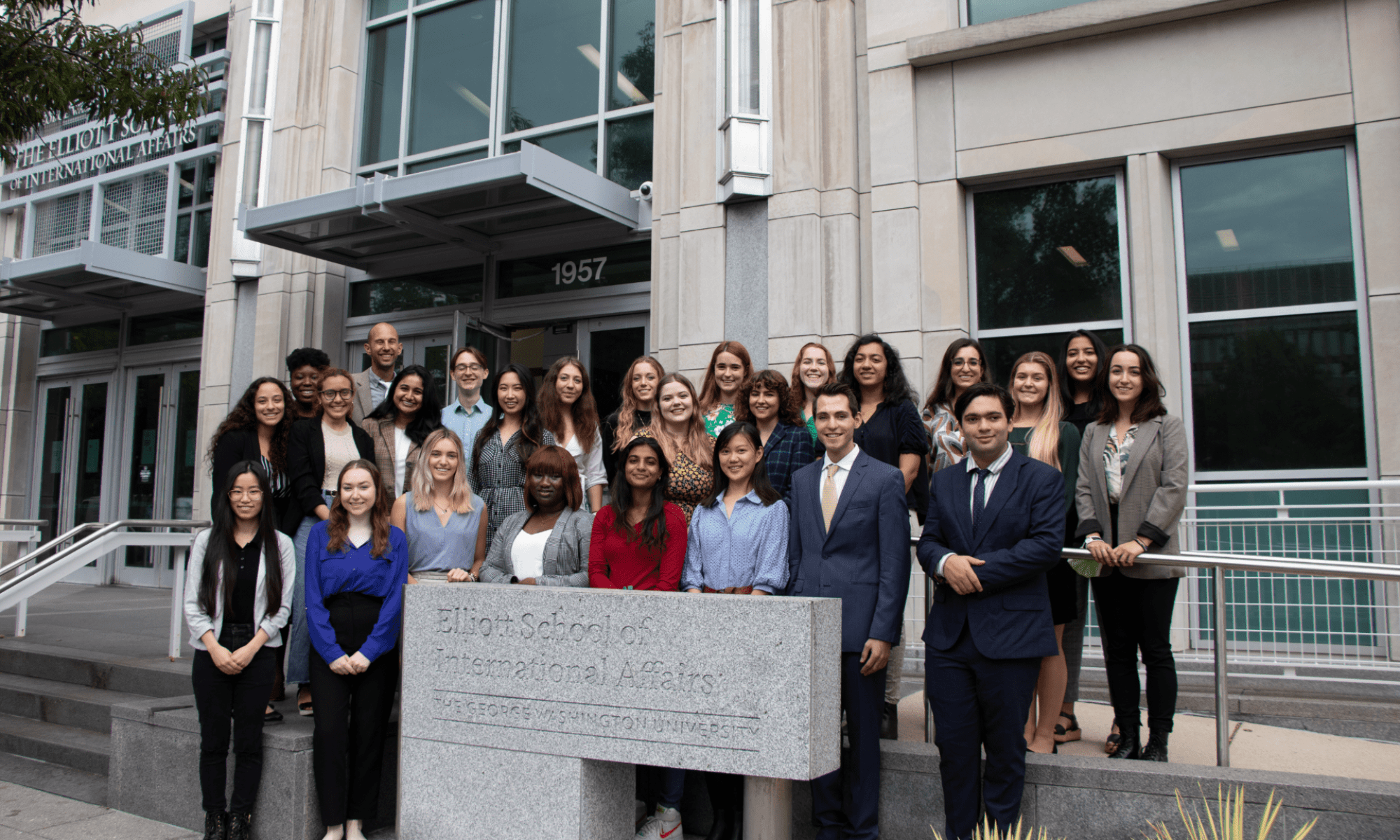Author: Alexander Erdman
Date Published: 4 June 2021
A Greenlandic Gap
Greenland serves as a useful case study of the importance of language politics in the formation of national identity and the development of democratic politics. Votes in 1979 and 2008 asserted Greenlandic autonomy from the Danish state.1 These votes entail the creation of a Greenlandic government and the unraveling of the Danish “unity of the realm.” Greenlandic national identity began as an anti-colonial social movement. Since 1979, the promotion of Greenlandic identity has accompanied local political development.2
Denmark still looms large in Greenlandic politics. The findings of this study describe the symbolic importance of language in Greenlandic identity today. While Danish remains widespread,3 Greenlandic has been Greenland’s sole official language since 2009.4 Greenland’s de facto bilingualism does not mean that both languages enjoy equal legal status; the country’s linguistic division is a result of the island’s colonial past.


